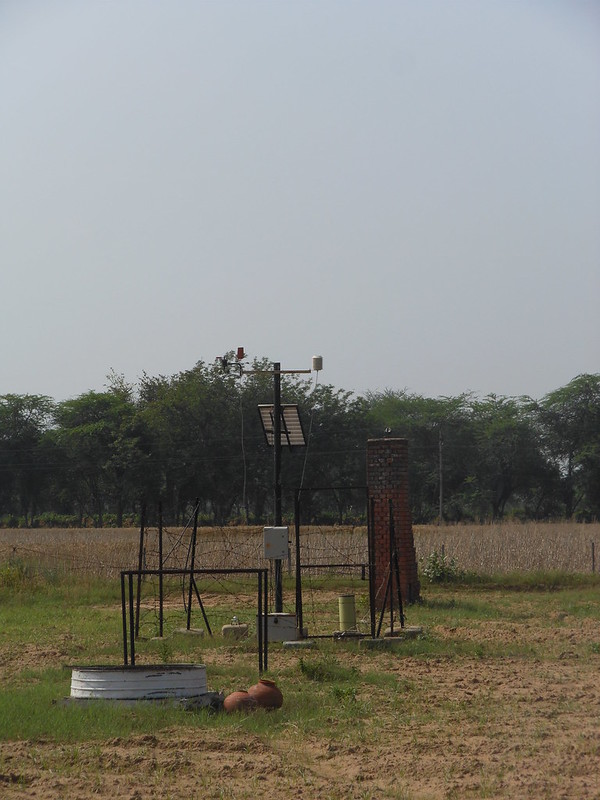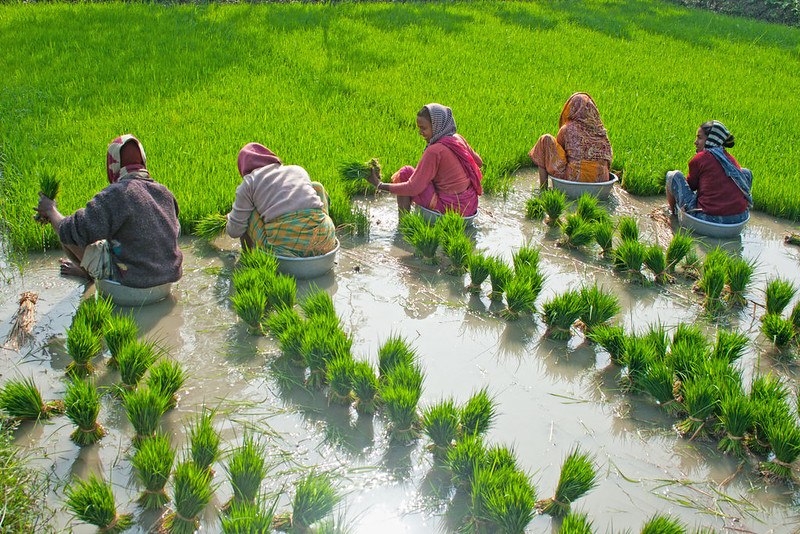The session focused on promoting transparent and accountable land governance as a crucial aspect of ensuring a just transition in climate action, drawing on diverse case studies from Kenya, Brazil, and Sierra Leone. Central themes included the intersection of anti-corruption efforts, human…
The joint East Asia Pacific (EAP) and South Asia (SAR) Regional Workshop served as a pioneering event focused on innovations in public land management to support green growth. The workshop, held under the theme “Breaking Barriers: Access to Land and Poverty Reduction and Climate Resilience,”…
The joint East Asia Pacific (EAP) and South Asia (SAR) Regional Workshop highlighted the importance of strengthening land tenure to achieve a sustainable and inclusive future. The event was part of the broader theme “Breaking Barriers: Access to Land and Poverty Reduction and Climate Resilience…
The session examined the dynamics of Payments for Ecosystem Services (PES) markets, with a focus on integrating community perspectives into the voluntary carbon market (VCM), particularly in the context of REDD+ initiatives. Recent years have seen a surge in PES, driven by net-zero goals and…
The session examined the repurposing of brownfields as a strategic solution to support the global shift from coal to renewable energy, highlighting its importance in addressing land scarcity for sustainable development. The discussion emphasized the need for large land areas as the world…
The session centered on managing access to land for infrastructure development, focusing on the launch of the World Bank Guidance Note for the South Asia Region (SAR). This guidance aimed to enhance access to land and optimize land asset values in key sectors such as urban public land, transit-…
This study investigates the dynamics of fish consumption in India from 2005 to 2021, using comprehensive, nationally representative surveys conducted by the Government of India. It reveals significant growth in fish consumption in India, driven by population growth, increased wealth and shifting…
The global discourse within the realm of agriculture has been dominated with challenges of food security (FAO, 2022), (HLPE, Food security and nutrition: building a global narrative towards 2030, 2020) loss of biodiversity, environmental pollution and resource degradation and climate change. In…
The Conservation Agriculture (CA) practices with increased acceptance across the globe are being considered as harbinger for sustainable intensification of smallholder production systems. Its positive impact on natural resources, and resilience to climate change effects are widely acknowledged.…
A wealth of publicly available satellite data and open-source models allowed researchers to measure carbon stocks in a watershed in India, despite a paucity of on-the-ground data. They found that despite rapid urbanization over the last 20 years, carbon stocks remained relatively stable –…
Indigenous knowledge of local environments is crucial for developing innovative and contextual climate change adaptation strategies. Although the significance of community-led efforts based on this knowledge has been well acknowledged, they have not been effectively incorporated into mainstream…
One of the earliest demands of Indian women’s organisations in the pre-Independence period was the right to be elected to legislative bodies. Yet, almost a century later, a vast gender gap persists in terms of women’s presence at all levels of governance. Why is it important to include women in…





